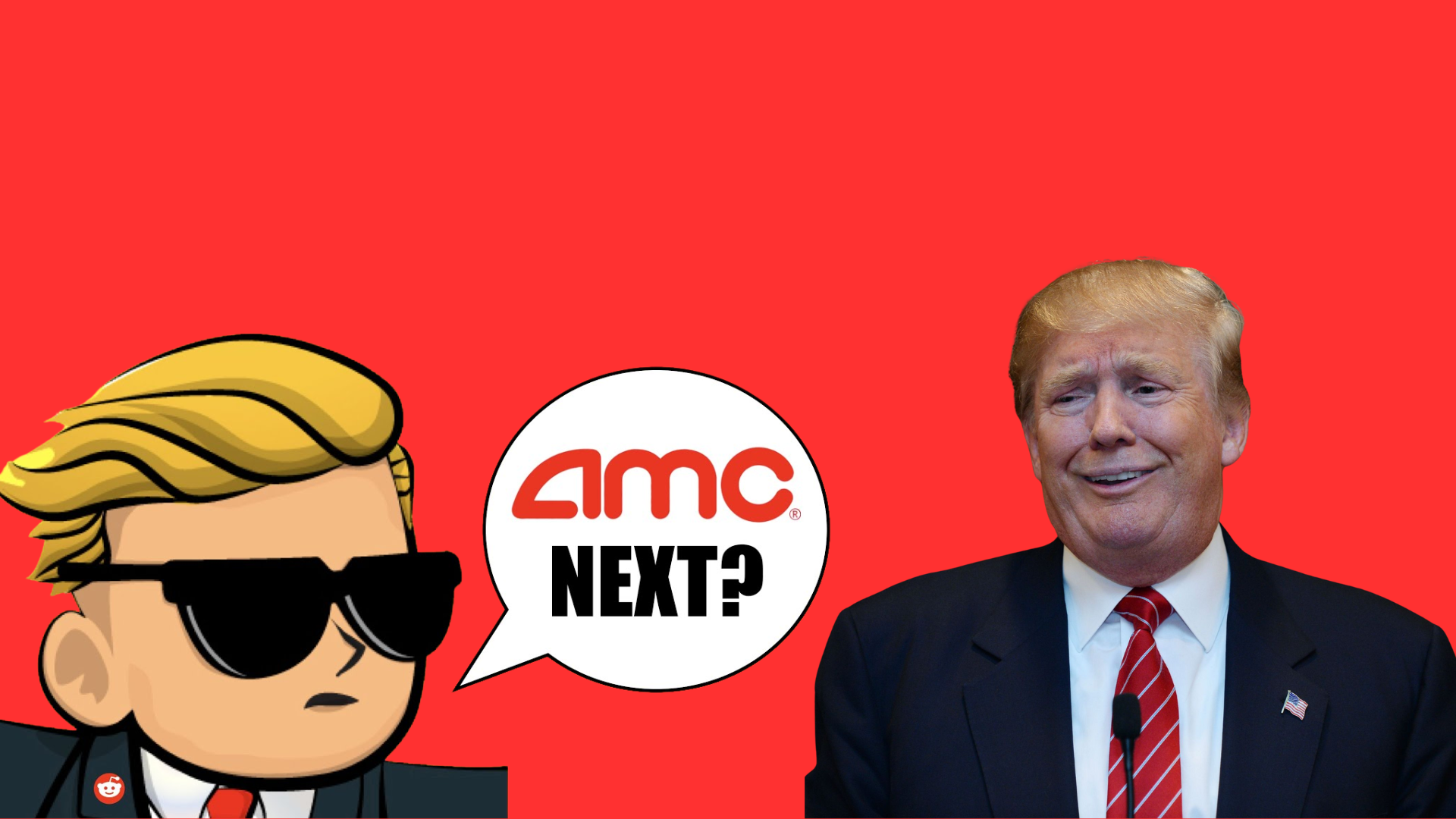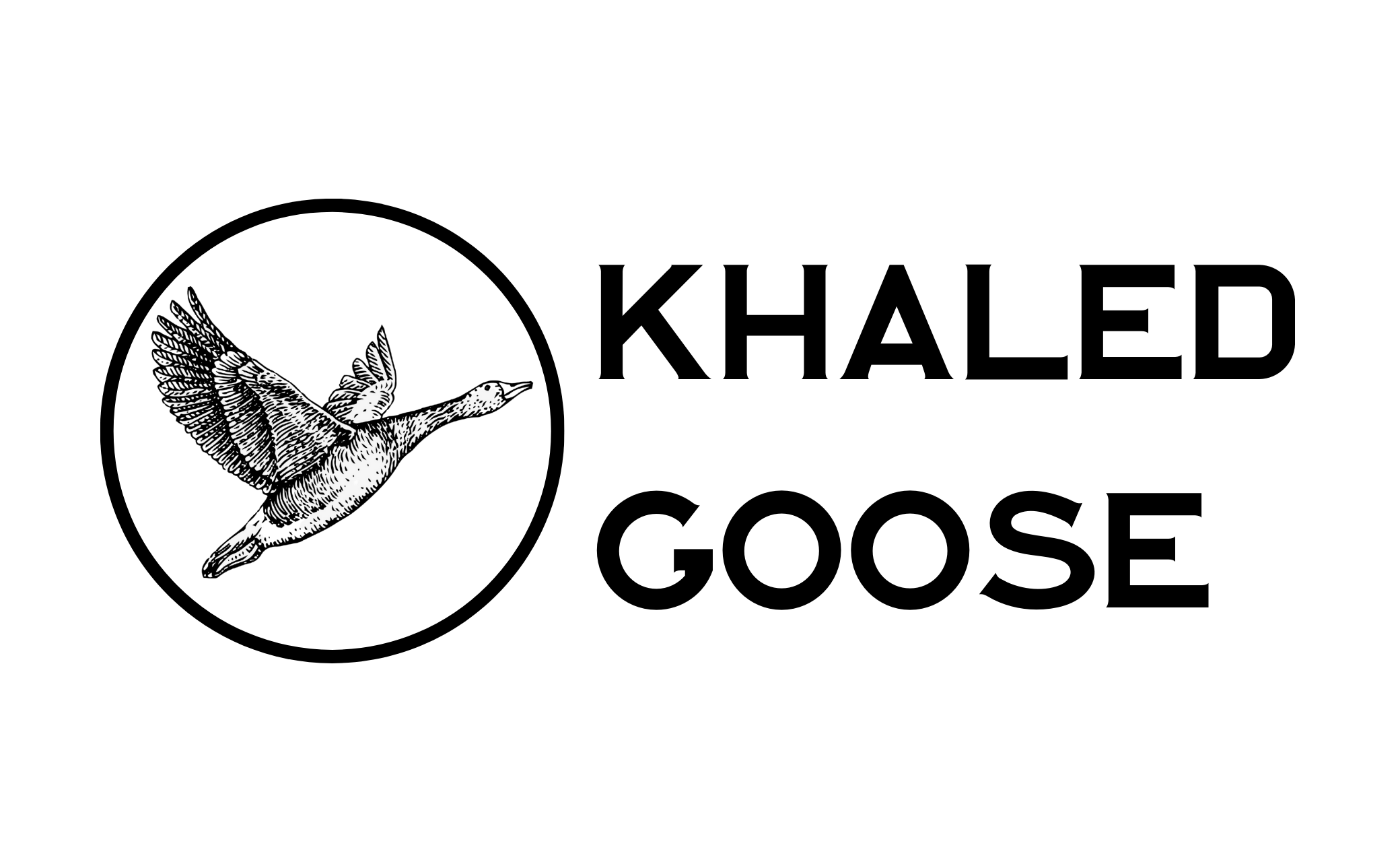The Pendulum Psy-Op

Last week's piece covered the increasing polarization we see in the world and why it isn't great. Extremes create extremes. The pendulum swing manifests in everything. Worst of all, it's not like we go from one extreme and then back to the next; every time the pendulum swings, the magnitude of the extremes increases. Nobody rationally wants this, so what's going on? Honestly, it's hard to say. The question has an infinite number of variables, and so it lends itself to an infinite number of answers. When writing, you're often taught to write confidently and not qualify your writing with statements like "it's hard to say," but it would be intellectually dishonest of me to answer this question with finality. I felt drawn to this question of extremes vs. moderation because I have always struggled with finding the balance. One thing I've learned over the past few years is that if you have a problem, then odds are this is a problem that exists at large in your environment on a macro-scale, and it's just manifesting in your life on a micro-scale. Once I realized this, it hit me, addressing our individual problems means we each find the answers to the problems plaguing society. If we all have the flu, and one of us finds the cure, he can bring it to everyone. Working on your problems is the same thing as working on society's problems.
Back in college, a good friend of mine, Ramon, used to joke that I was a walking manifestation of the idea that moderation is for cowards. He was right, and in my own life, this extreme approach kept me swinging back and forth. I'd go from the highest of highs to the lowest of lows. Pride and self-hate. Anger and love. Working like a maniac to not being able to get out of bed. I'd always lived my life like this. I'd tell myself that I was Arab, hot-blooded, and passionate. It didn't help that the heroes I admired were, well, on the extreme side of things. As great as they were, I should have taken a moment to consider the whole package. It's easy to get pulled into admiring someone's greatness, but what about their drawbacks? Napoleon died an exiled king, Hughes went crazy and bottled his urine, and Jobs, well, I already wrote a piece on Jobs.
The reason I started this newsletter was that over the past few years, I learned a lot about how a person can take control of themselves and their environments, and I wanted to share these ideas. Almost every single piece I write touches on an idea that, if applied, should strengthen the individual. Over the years, I've come to recognize that most of these ideas need to be integrated into our culture. It's my hope that by shining a light on the blindspots I had, we can all begin to identify the knowledge gaps. The more knowledge we possess, the more we can master ourselves and our environment.
So back to extreme vs. moderation. I believe we all inherently understand the wisdom of moderation. Just as our language speaks to an extreme approach, so does it speak to moderation.
1) Moderation in all things
2) Yin/Yang
3) Take the middle road
4) Take a balanced approach
The problem is sometimes the most fundamental concepts are the ones ignored. Especially when the consequences of ignoring them aren't immediate, add in the fact that when faced with extremism, moderation seems like a sucker's approach, and you can start to see how moderation has all but disappeared. The extremes should always be regarded with deep suspicion. It's said that during the French Revolution, the players on the radical left & radical right routinely switched places. When I first learned this, I didn't understand it, and then I saw it happen in front of my eyes.

Be careful not to take the stand opposing something on the very another end of the spectrum. Before you know it, you will become what you hate.
So what happened?
Here's my theory. I believe that in the last 30 years, democracy has really taken off. Consider the French revolution as the birth of democracy. For the past 224 years, there has been a constant push and pull between the powers that be and the masses. For instance, democracy in America started off with only white-land owners being able to vote; then, the right was extended to Black American men, and finally, women. (I know there's still inequality when it comes to voting, and that's part of the point I'm going to make, relax). Even with the right to vote, the aristocracy maintained a hold on power. The candidates were from their ranks, and most importantly, the elites controlled the media. What regular people like you and I argued about was only going to be relevant if the media picked it up. Sure, I could try to start a grass-roots movement, but can you imagine bringing attention to an issue pre-social media? Unless CBS, NBC, ABC, and the other news stations gave you attention, you were fighting a crazy battle. Yes, we were a democracy, but power was still not fully with the people, and it was because communication and information were monopolized till the internet. The internet changed everything. Suddenly information didn't belong to only the elites. It could be shared instantly with everyone. News networks immediately became a little less relevant. Remember when the US got Bin Laden? Do you know who reported it before any news network? Dwayne The Rock Johnson on Twitter, I'm serious go look it up. Every person with a social media account became a mini news station. The powers that be began to lose a bit of the power they'd kept for themselves. In my opinion, there are two things that happened in the last ten years that showed how more power was shifting to the crowd, away from the concentrated elites. The Wallstreet Bets fiasco, and the election of Donald Trump.

These two situations and the reaction they elicited showed me that the elites were losing their grip. Neither of these situations pleased the establishment. I'm not praising or detracting from Wall Street Bets or Trump; I'm merely pointing out they were both the will of the people. They were not the result of establishment maneuvering. So what does an entrenched establishment do when it sees it's losing power to the crowd? A direct attack is horrific and will be fought tooth and nail. A dystopian future isn't going to be 1984 as much as it will be Brave New World. It's much more profitable to weaken the opposition without them knowing. What better way to weaken the crowd than to fool it into thinking it's strengthening itself? I believe the polarization we're experiencing today is the end goal of the elites. A timeless divide & conquer. Each side thinks it's helping create the world it wants, oblivious to the fact that they're creating a world where we swing from extreme to extreme. The ideas in the air continuously push this swinging, and while the crowd swings, the powers that be just make sure we keep swinging.
I am an arms dealer
Fitting you with weapons in the form of words
And don't really care which side wins
Long as the room keeps singing
That's just the business I'm in
That is why I believe extremism is becoming more common. By polarizing society on all topics, focusing our attention on the fringe issues, and driving us crazy on both ends of the spectrum, the powers that be have effectively paralyzed society. It's a divide-and-conquer tactic + a psychological tactic to undermine. If we're constantly swinging back and forth, we can't focus our energy toward any goals. None of us want extremism. We all want to live in stability, but who is stability profitable for? Now ask yourself who extremism is profitable for? Is the media making money from the pendulum wildly swinging back and forth? Do governments love the threat of war so they can concentrate power? Is a population drunk on both sides of the extreme any threat?
That's the bad news. The great news is that when everyone is going a certain way, one person deciding to go the other way will spark attention. The decision to be moderate is one of those special decisions that's made on an individual level but winds up having a chain reaction. The revolution won't be televised. The revolution isn't marching in the streets or fighting on Twitter. The revolution is turning away from the easy destructive paths and choosing to walk the wildly difficult constructive path. The truth is a self-fulfilling prophecy. The more you do the right thing, the more things work out for you. That's the only endorsement you need. Try it. Choose moderation. You'll see how things begin to click in your life, and pretty soon, the people around you will be forced to recognize the truth. That's the revolution. That's how you change the world around you. Get off the swinging pendulum. You can't build on a swinging pendulum. Choose moderation and start moving forward.
